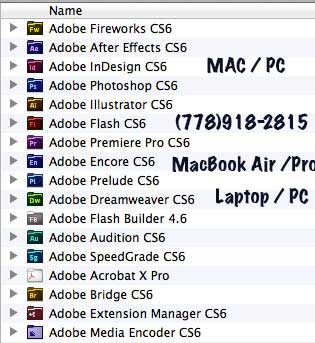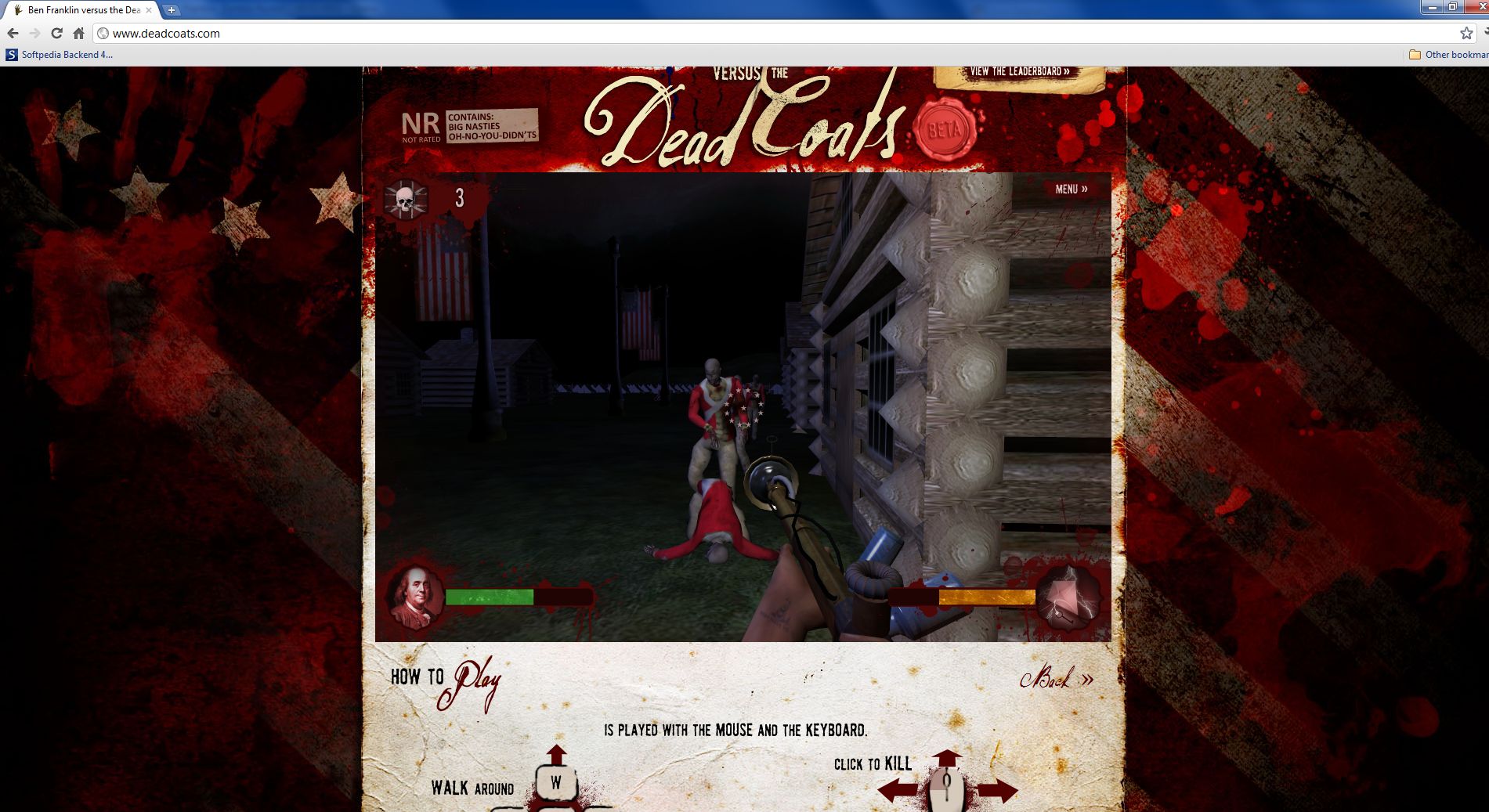

While the browser plugin was responsible for a huge number of security problems in its later life, it was also used to create some of the most memorable moments on the internet. RELATED: How to Play Old Flash Games in 2020, and Beyond The End of a Flash EraĪdobe Flash’s retirement is a bittersweet moment for many. It’s primarily aimed at website owners who can install it server-side and have their Flash content “just work” natively. It can be run as a standalone application on most major operating systems or as a browser app through the use of the WebAssembly programming language. There’s also a project called Ruffle, which attempts to emulate Flash. Adobe took Flash under its wing and developed many more features in the years to come. In 2005, Macromedia was acquired by Adobe Systems (the same company that turned down an offer to buy FutureSplash in 1995).

In 2000, Flash 5 was released with ActionScript, a rudimentary scripting language that closely mimics JavaScript. Macromedia added more bells and whistles to Flash over time. It was even used to make entire websites that looked great for the time, were fast to load, and responsive to use. Flash enabled creators, marketers, and anyone with an eye for new media to create games, animations, banner adverts, interactive menus. They scale infinitely since they have no defined size, unlike raster graphics which have much larger file sizes and will pixellate when stretched. Vector graphics are essentially text-based instructions. RELATED: What's the Difference Between Pixels and Vectors?

This was important at a time when many people were using dial-up internet with slow download speeds. Since Flash used vector-based graphics, file sizes for the resulting animations were tiny. Flash was able to rise to prominence thanks to the simplicity of installing a small plugin that was compatible with most browsers.


 0 kommentar(er)
0 kommentar(er)
